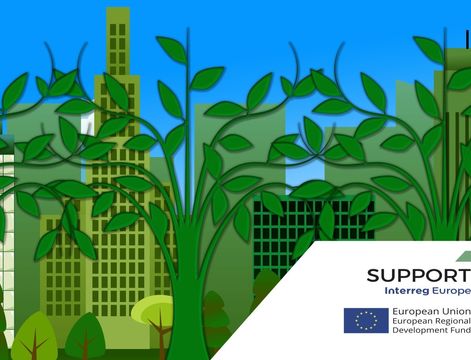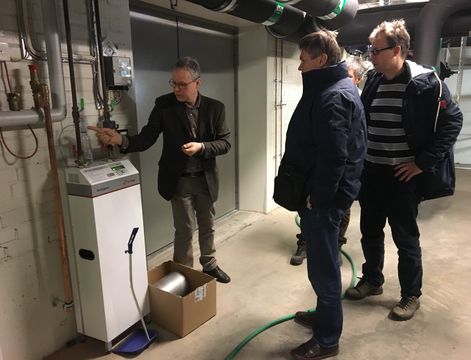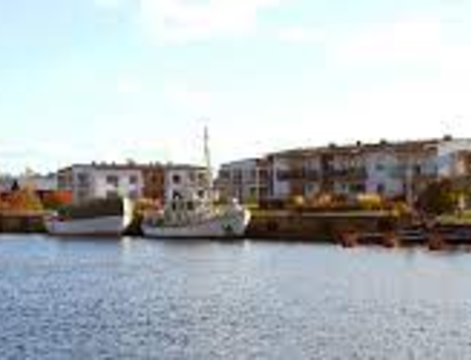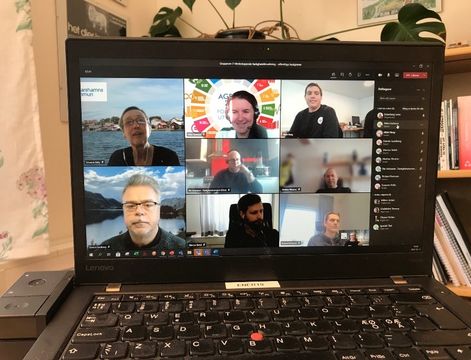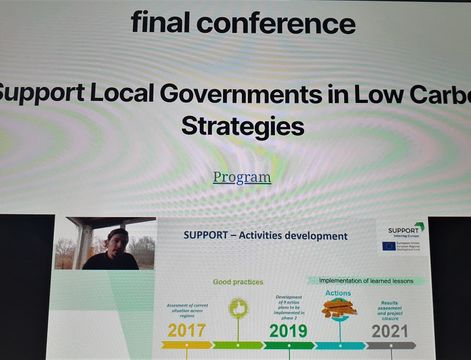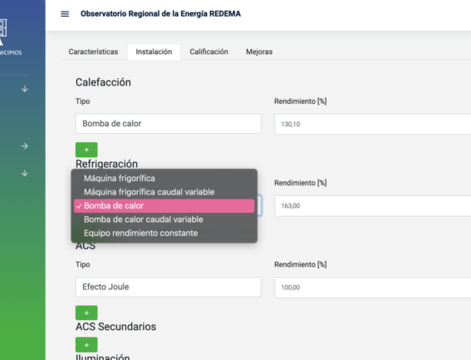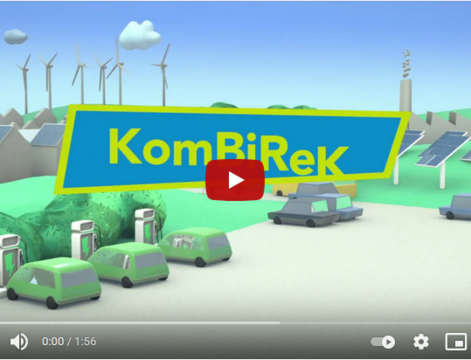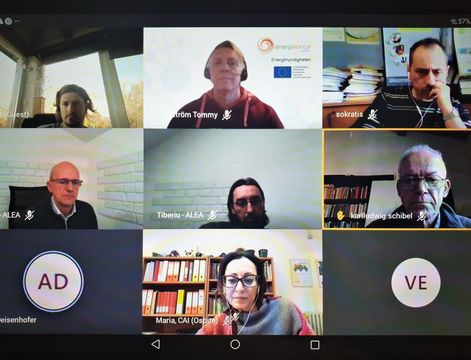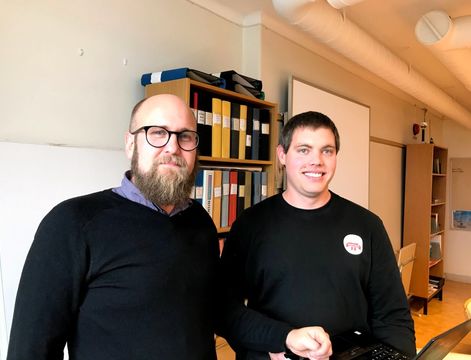Within the second interregional workshop held in Seville, partners and stakeholders discussed the role and potential os ESCOs. The second day of the workshop and the second session of the focus groups concentrated in particular on this matter and on the challenges ESCOs will be asked to face in the years to come.
CAI introduced the subject defining the economic, financial and technical scopes, referring to those enterprises that operate within the energy field, in particular by identifying contractual barriers and difficulties in the interaction public sector - ESCOs
From this starting point the talk moved in two directions, which represented the two core focus groups: “Financial energy efficiency: ways that work for ESCOs” and “Super ESCO: model of stimulating energy efficiency agenda and possibilities of cross border networking” was discussed in deep.
As follows the conclusions reached by groups:
Focus 1 – Ways that work for ESCOs: the energy refurbishment of public buildings, besides adding value to the building, it has positive results in terms of consumptions, which can be monitored and regulated to needs, and also in terms of consumer welfare (just thinking of schools and hospitals).
Regarding enterprises that operate within the energy field, ESCOs are a business opportunity that has positive responses even in terms of accountability for public and private sectors.

Focus 2 – Super ESCOs: the discussion started from considerations over joint procurements. Experiences are differents at the European level and with results very distant from one to an other. As far as in some countries exist codified procedures of joint collaboration between public and private, often to weigh in success is the lack of coordination and standardisation of procedures. In any case, the sperimental fields are local communities. In many other cases are legal barriers or acquisitions and procedures that are managed at a centralised level that cause disfunction.

Regarding the Super ESCOs, sort of green enterprises’ coordinator, only in Croatia and Spain are examples of bodies created in order to organise and standardise collaborations. In any case, no matter how interesting may be the approach, for all the presents Super ESCO seems a sort of monopoly of which it is necessary to specify the role within national and supranational scopes. For sure, at a local level, it would be worth it to have a public agency, regional or national, in order to collect and monitor energy data upon which to establish forthcoming collaboration with ESCOs.


